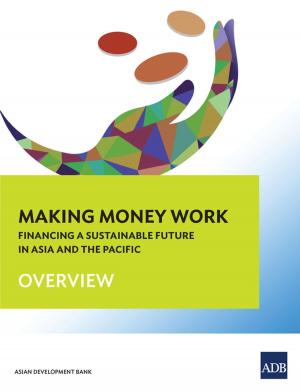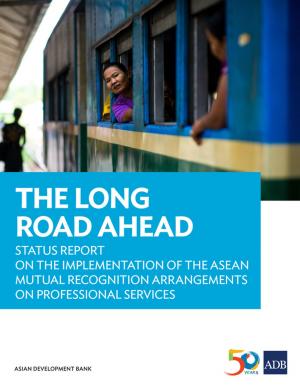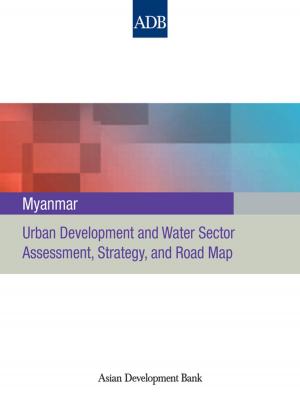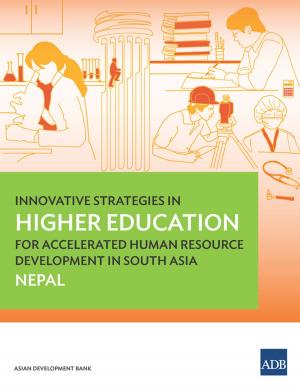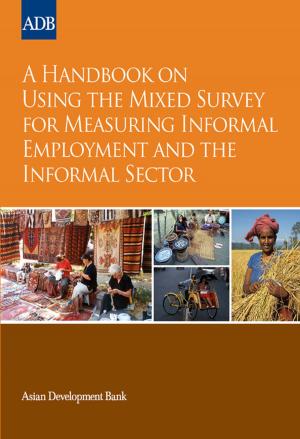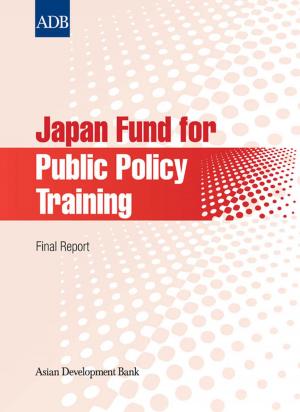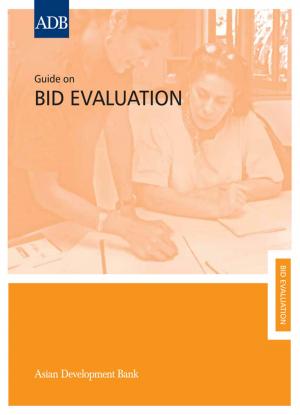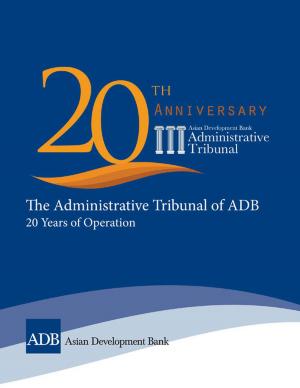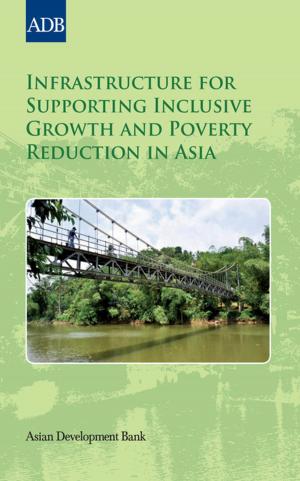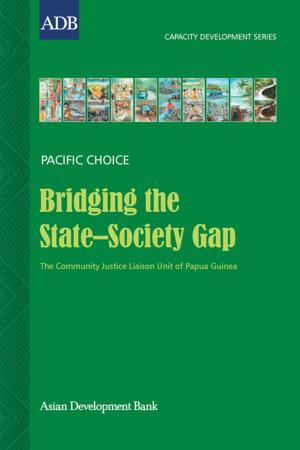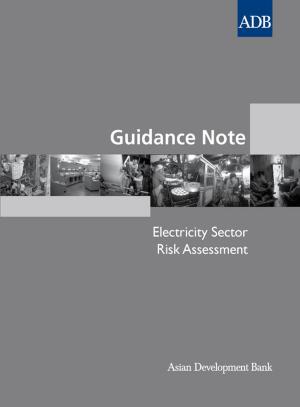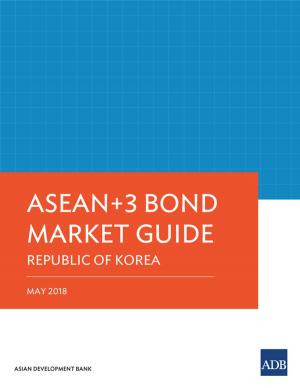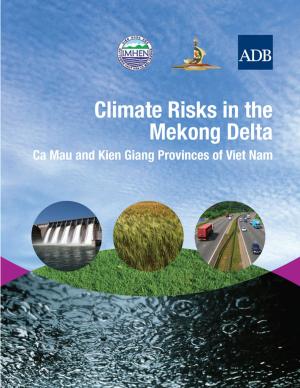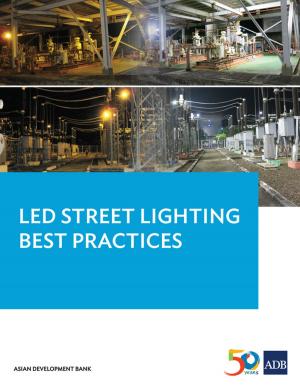Development Asia—Lighting the Future
September 2010
Nonfiction, Science & Nature, Technology, Power Resources, Nature, Environment, Environmental Conservation & Protection| Author: | Asian Development Bank | ISBN: | 9789292574321 |
| Publisher: | Asian Development Bank | Publication: | September 1, 2010 |
| Imprint: | Asian Development Bank | Language: | English |
| Author: | Asian Development Bank |
| ISBN: | 9789292574321 |
| Publisher: | Asian Development Bank |
| Publication: | September 1, 2010 |
| Imprint: | Asian Development Bank |
| Language: | English |
If one question could threaten Asia's dynamic growth and impressive gains in poverty reduction in recent decades, it is the region's energy supply. The complex issues that encompass energy security are vital for ensuring a region's economic growth. It is not just a matter of maintaining the supply of energy that Asia needs to fuel its growth. The region must also navigate the treacherous waters of conflict and cooperation when it comes to accessing energy resources. On top of these challenges lie the energy implications of climate change: many now believe that the cheapest, most abundant fuels—such as coal—can no longer be the primary sources of energy for the region. Asia must take the lead in supplying and consuming cleaner, renewable energy. According to the International Energy Agency, the emerging economies in the region, led by the People's Republic of China and India, are driving world energy demand, demonstrating a growing appetite both for fossil fuels and renewable sources of energy. Yet, more than 800 million people in Asia and the Pacific still have no access to electricity. Against this backdrop, this issue of Development Asia takes a broad look at energy security in Asia. The prospects and challenges associated with coal, renewable energy, oil and gas, and the sensitive area of nuclear energy development are explored in detail. The gargantuan infrastructure challenges associated with the region's aging power transmission grid—a vital aspect of regional cooperation in energy—is examined by new contributor John Otis, an author and Time magazine correspondent. This edition also examines the plight of millions of people in Asia who never obtained birth certificates. A simple process in many countries, it can be a crippling problem for those whose births are never registered. They are often invisible to government, reports regular contributor Karen Emmons. Unprotected by labor laws and left out of many social safety net programs, they are among Asia's most vulnerable people.
If one question could threaten Asia's dynamic growth and impressive gains in poverty reduction in recent decades, it is the region's energy supply. The complex issues that encompass energy security are vital for ensuring a region's economic growth. It is not just a matter of maintaining the supply of energy that Asia needs to fuel its growth. The region must also navigate the treacherous waters of conflict and cooperation when it comes to accessing energy resources. On top of these challenges lie the energy implications of climate change: many now believe that the cheapest, most abundant fuels—such as coal—can no longer be the primary sources of energy for the region. Asia must take the lead in supplying and consuming cleaner, renewable energy. According to the International Energy Agency, the emerging economies in the region, led by the People's Republic of China and India, are driving world energy demand, demonstrating a growing appetite both for fossil fuels and renewable sources of energy. Yet, more than 800 million people in Asia and the Pacific still have no access to electricity. Against this backdrop, this issue of Development Asia takes a broad look at energy security in Asia. The prospects and challenges associated with coal, renewable energy, oil and gas, and the sensitive area of nuclear energy development are explored in detail. The gargantuan infrastructure challenges associated with the region's aging power transmission grid—a vital aspect of regional cooperation in energy—is examined by new contributor John Otis, an author and Time magazine correspondent. This edition also examines the plight of millions of people in Asia who never obtained birth certificates. A simple process in many countries, it can be a crippling problem for those whose births are never registered. They are often invisible to government, reports regular contributor Karen Emmons. Unprotected by labor laws and left out of many social safety net programs, they are among Asia's most vulnerable people.

